Each nation has at least several names used: for itself, for everyone, for certain neighbors. The Germans, for example, have almost more of them than anyone else. For us they are Germans, for the British they are Germans, for the French they are Allemans, but actually they are Deutschs. This is, in fact, an absolutely normal situation – it’s just that other peoples remember them from a very long time ago.
But sometimes it happens that the «external» name eventually becomes internal. We will talk about such situations in relation to the Eastern peoples today.
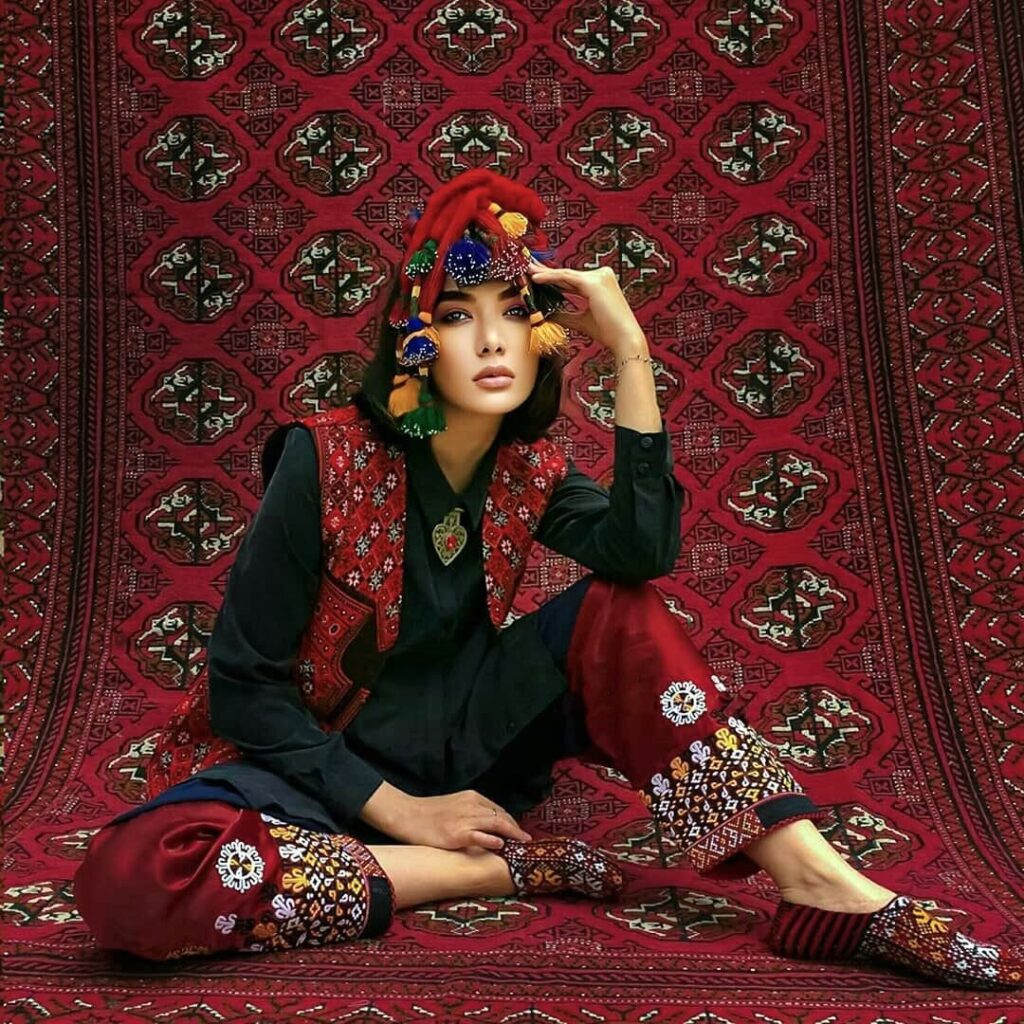
Modern Turkmens (as well as Azerbaijanis and Turks) are descendants of the Oguz, a medieval association of Turkic tribes that operated east of the Caspian Sea. If you translate it into a language we know, it’s about the same as the Eastern Slavs. But when the Oguz state collapsed, the formation of modern peoples began. The Seljuk family left for the west, and those who remained began to increasingly attack the borders of settled Muslim states. Under their influence, they converted to Islam, and since that time these Turks have been called Turkmens. According to the most common version, this word means «a Turk who has accepted the faith» (i.e. Islam).
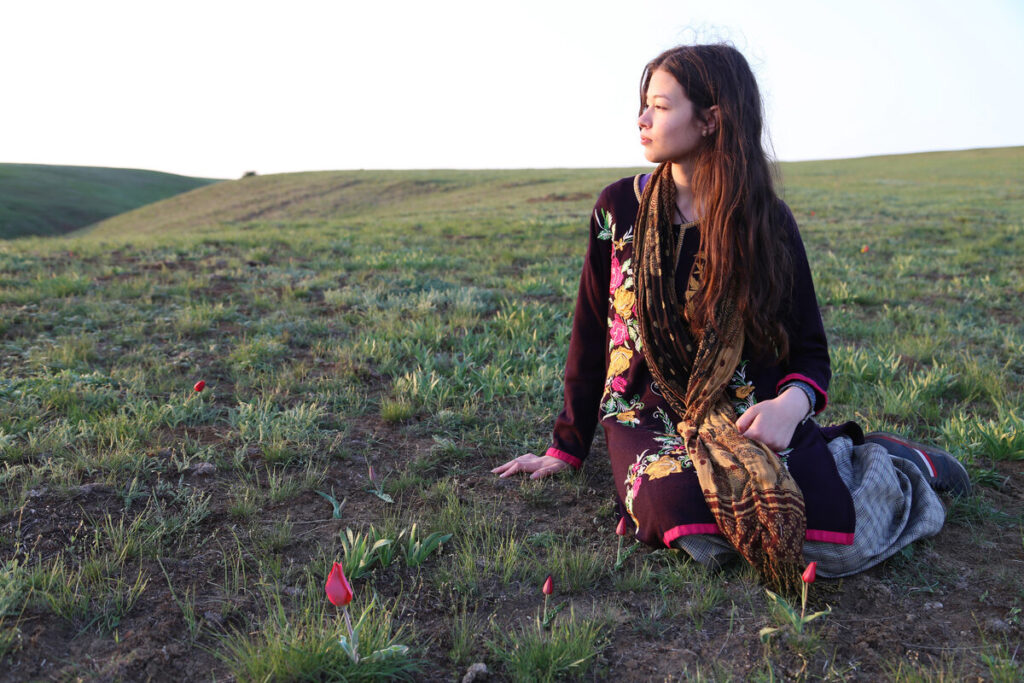
The Kalmyks are descendants of the Oirats, the very «forest peoples» whom Jochi, the eldest son of Genghis Khan and the father of Batu, the founder of the Golden Horde, was assigned to conquer. Later, they were resettled to the west of Mongolia and were among the first to leave the subordination of the dynasty, which conquered most of the inhabited world. Since that time, Muslim neighbors have more often called them Kalmyks, which in Turkic languages means «separated» [from the Genghisids, from the rest of the Mongols]. In the 14th and 15th centuries, their power grew before several Oirat states were founded in Central Asia, the most famous of which was the Dzungarian Khanate. But the shortage of pastures and the civil strife caused by this led to the fact that some of the Oirats decided to migrate. They made their way far to the west and founded a khanate in the Lower Volga region. Since that time, the name «Kalmyks» has been used more often.
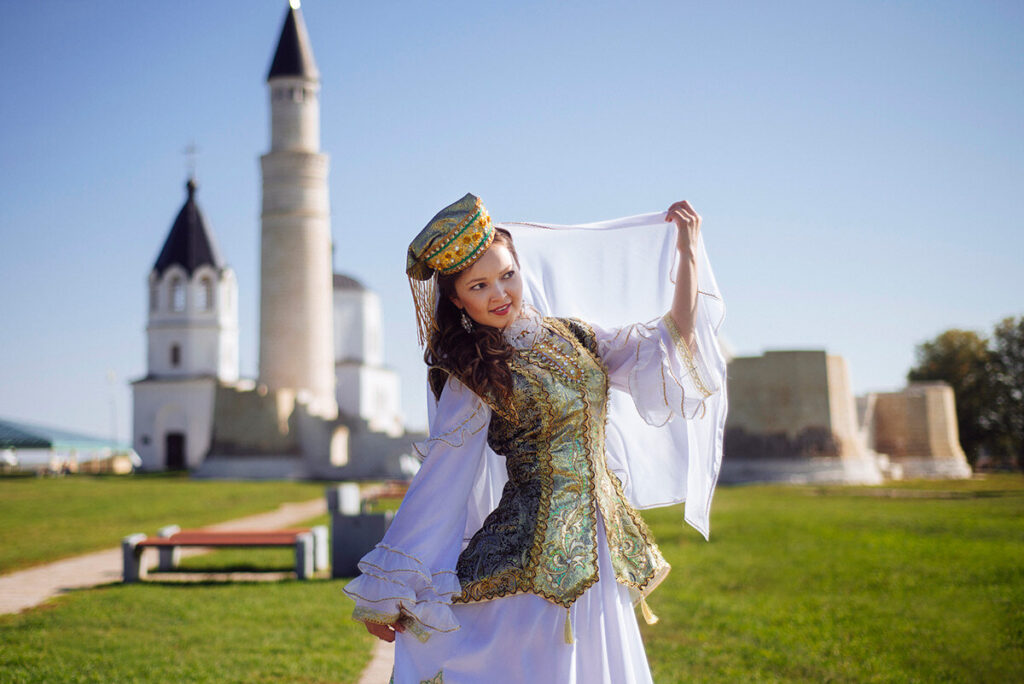
The nomads of the Golden Horde called themselves Tatars, most likely in honor of the Mongolian tribe that was at the forefront of the Mongol conquests. If the Jochi ulus had had a few more centuries of unity, perhaps it would have become universal. And so, residents of smaller khanates began to call themselves by the name of the country, for example, kyrymlar – «Crimeans» or Sibirtar – «Siberians». The name «Tatars» was used periodically and most often by Russians, who called all Turks that way. And the inhabitants of the Middle Volga region retained their old name, being descendants of the Volga Bulgars. Before the revolution of 1917, the names «Kazan Tatars» or more often «Kazan» were mainly external, while the people themselves preferred to call themselves Bulgars. But the Soviet government, bearing in mind the task of uniting the Turkic post-Horde ethnic groups of the country around the most numerous and educated Tatar group, preferred to use the name «Tatars».
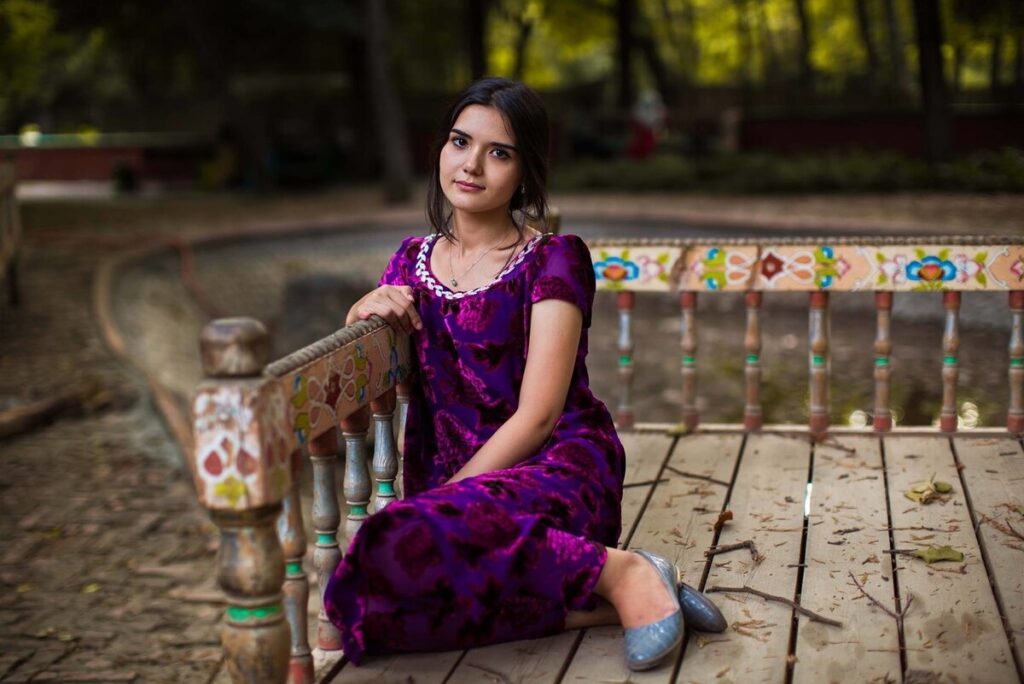
In ancient times, several states arose in Central Asia, the population of which were Eastern Iranians – cousins of the Persians. Bactrians, Khorezmians, Sogdians were the largest of the local ethnic groups and showed no tendency to unite. Moreover, the Persian Empire was never able to finally conquer them, and these peoples periodically restored their independence. But the Arab conquest changed everything, and together with the Muslims, Farsi began to be used as a lingua franca, which became the language of Islamic preaching. The Iranians of the region united into a single whole, and they began to be called Tajiks. At first, this was the name of one of the Arab tribes, then the name passed to all non-Arab Muslims, and only at the very end to the inhabitants of Central Asia.
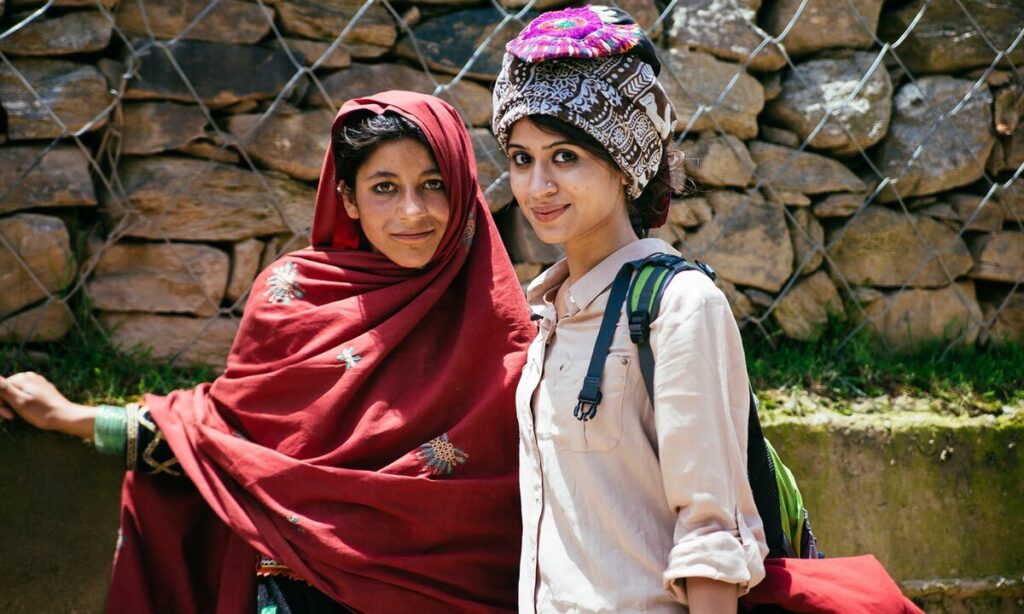
Now in Afghanistan, they are trying to call all residents of this state Afghans, regardless of their nationality. But historically, the word has been used as an alternative (and more common) name for Pashtuns. They were called Afghans by merchants who led caravans to India because the highlanders attacked in silence, since the word «Afghan» means «silence».
